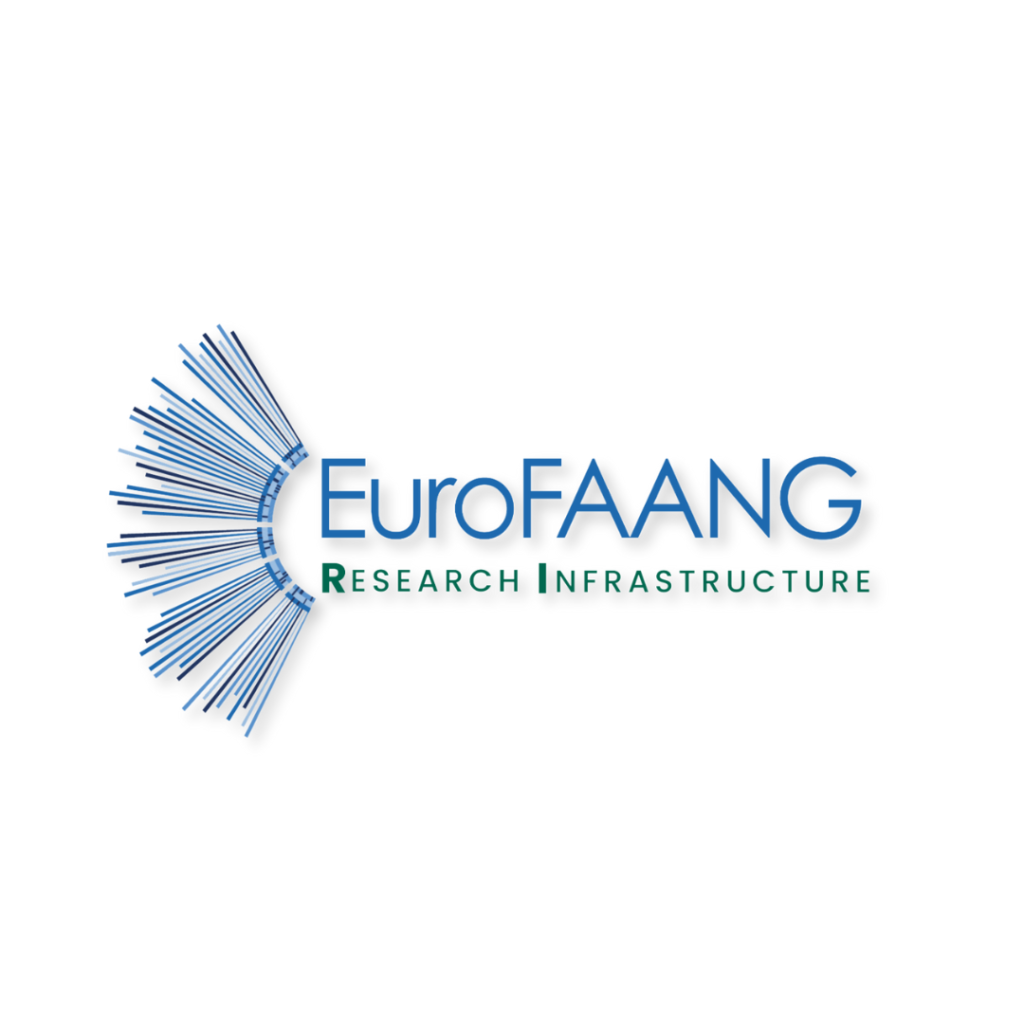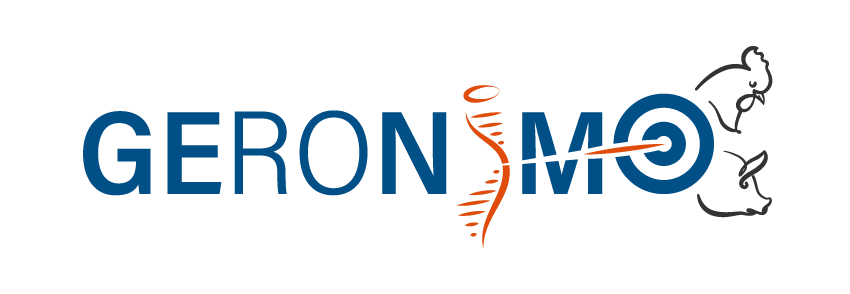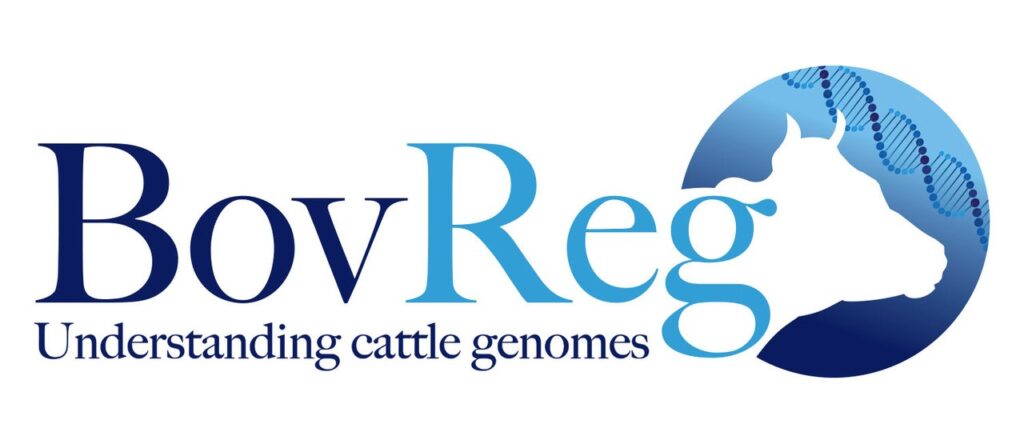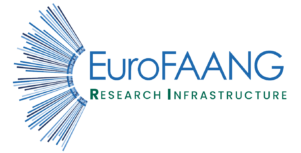Home 3
EuroFAANG Research Infrastructure
In 2023, the EuroFAANG Research Infrastructure (RI) joined the EuroFAANG cluster as the first research infrastructure. Currently, EuroFAANG RI is in its conceptual phase, laying the groundwork for a robust research infrastructure. It envisions a sustainable pan-European platform that bridges the gap between genomics and phenomics in farmed animals. With total funding of €2.86 million, EuroFAANG RI aims to transform our understanding of animal genetics and traits.


Key Objectives
Common Data Structure and Access
EuroFAANG will create a unified data structure, supporting the FAANG Data portal and establishing an Elixir Community for ‘Domestic Animal Genomes and Phenomes.’ Researchers will have seamless access to valuable genomic and phenotypic data.
European Framework for Biobanking
The project aims to develop a robust framework for curation and biobanking of in vitro cellular models. This will facilitate efficient storage and retrieval of biological samples critical for G2P studies.
Improving Breeding, Phenotyping, and Genomic Technologies
EuroFAANG will foster collaboration and knowledge exchange in cutting-edge breeding techniques, advanced phenotyping methods, and genomic technologies. By expanding capabilities, researchers can unlock deeper insights into farmed animal traits.
Integration with Existing Projects and Infrastructures
Building on six current H2020 projects, EuroFAANG will connect with established infrastructures for data management and agriculture across Europe. This collaboration will consolidate G2P research efforts, benefiting both European and global farmed animal communities.
Project Timeline: 2023–2025
By establishing EuroFAANG RI, Europe is taking a significant step toward advancing agricultural research and ensuring the well-being of farmed animals through scientific research, innovation and collaboration.
Species
RUMINANTS
The main production traits for ruminants known for their complex (epi)genetic and microbiome interactions: disease susceptibility (e.g. mastitis), robustness, efficiency (also in relation to GHG emissions) and heat- and stress tolerance.
MONOGASTRIC
Several complex traits (e.g. growth rate, feed efficiency, fertility, product quality) related to sustainable and efficient production in monogastrics (pigs and poultry), and assess whether the epigenetic effects induced by a major environmental factor (i.e. diet) on the embryonic genome persist in the offspring.
FISH SPECIES
Precision breeding in aquaculture by enhancing traits of commercial relevance within the most important fish species used in European aquaculture (Atlantic salmon, rainbow trout, common carp, European seabass, gilthead seabream and turbot), with a special focus on disease resistance. dolor sit amet consectetur adipiscing elit dolor
EMERGING SPECIES
Coming soon

Keep in touch!
Receive the latest updates, opportunities and events and don't miss out on any progress of the project
EuroFAANG projects

GEroNIMO
Go to website
BovReg
Go to website
Rumigen
Go to website
GENE-SWitCH
Go to website

